The last few weeks, lawmakers in Congress have remained in recess ahead of the upcoming midterm elections set to take place November 8. Meanwhile, the U.S. Department of Education (ED) has launched a new STEM initiative while other federal agencies have made several recent grant announcements regarding connectivity efforts and mental health.
 Congress Remains in Recess Ahead of Midterm Elections
Congress Remains in Recess Ahead of Midterm Elections
Both the House and Senate are currently on an extended recess ahead of the upcoming midterm elections. While the chambers are formally out of session, they are holding pro forma sessions during this time to continue committee-level work on a number of existing agenda items. Before going on this extended recess, Congress was able to successfully pass short-term funding legislation, known as a continuing resolution (CR). This CR extends current fiscal year 2022 (FY22) funding levels for all federal programs, including the Carl D. Perkins Act (Perkins V), through December 16. By that date, lawmakers will next need to act by either passing an additional funding extension at that time or completing work on a more comprehensive funding proposal for the federal government.
The length of the CR is intended to provide Congress additional time to campaign ahead of the fast-approaching midterm elections November 8. It is broadly hoped that when the outcomes of these elections become clearer, lawmakers will be able to reach consensus during the “lame duck” session of Congress. As these efforts get more fully underway, Advance CTE will continue to work with its partners in Congress to secure robust funding levels for the Perkins V basic state grant program and other priority Career Technical Education (CTE) funding streams.
ED Launches “YOU Belong in STEM” Initiative
The U.S. Department of Education (ED) recently announced a new initiative aimed at encouraging learners to explore and pursue pathways in the Science, Technology, Engineering, and Math (STEM) fields. The effort pulls together a number of existing ED activities and related priorities highlighting various opportunities to promote STEM education for learners at both the K-12 and postsecondary levels. In the coming weeks, the Department intends to release additional guidance, technical assistance, and related information for how to deepen and expand on these efforts in the future.
FCC Releases Additional Connectivity Funds
Last week, the Federal Communications Commission (FCC) announced another round of Emergency Connectivity Fund Program (ECF) funding totaling nearly $78 million. Authorized by the American Rescue Plan, the ECF provides funding to schools and libraries to purchase broadband plans and devices for students, school staff, and library patrons and has been a key Advance CTE federal policy priority since the start of the pandemic. These latest funding commitments are from the first and third application windows for the ECF program and will benefit nearly 175,000 students from Delaware, Florida, Indiana, North Carolina, New Mexico, and Texas.
ED Distributes Funding for School-based Mental Health
In the wake of several tragic mass shootings earlier this year, Congress passed the Bipartisan Safer Communities Act (S. 2938). The new law modestly tightened the nation’s gun laws while investing significant new funding into K-12 education to support safer schools and promote learner mental health. On Monday, October 3, the U.S. Department of Education announced that it had published two grant funding opportunities as part of this legislation.
The first of these is the School-based Mental Health Services Grant program which will provide competitive grants to state (SEAs) and local education agencies (LEAs), along with consortia of these entities, to apply for funding to increase the number of school-based mental health services available to students. There is more than $144 million available for these grants. More information on how to apply, including related deadlines, can be found here. The second grant announcement is related to the Mental Health Service Professional Demonstration grant program. This competitive grant effort is intended to provide financial support to SEAs, LEAs, and postsecondary institutions to hire additional staffing capacity for similar purposes. Additional information regarding this initiative can be accessed here.
Steve Voytek, Policy Advisor


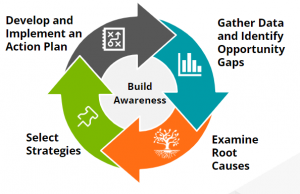 The workshop includes five major components that build upon the requirements — as well as opportunities — laid out in the Strengthening Career and Technical Education for the 21st Century Act (Perkins V) to help state and local leaders operationalize the commitments set in their state plans:
The workshop includes five major components that build upon the requirements — as well as opportunities — laid out in the Strengthening Career and Technical Education for the 21st Century Act (Perkins V) to help state and local leaders operationalize the commitments set in their state plans:  In the coming months, Advance CTE will release a series of four briefs to share strategies put in place by the PDI states to advance postsecondary CTE data quality and use. The first brief explores how postsecondary CTE data can be used in support of state education and workforce goals, and features
In the coming months, Advance CTE will release a series of four briefs to share strategies put in place by the PDI states to advance postsecondary CTE data quality and use. The first brief explores how postsecondary CTE data can be used in support of state education and workforce goals, and features  The second brief advances a theory of change for centering learners in postsecondary CTE data collection and use, featuring the
The second brief advances a theory of change for centering learners in postsecondary CTE data collection and use, featuring the 
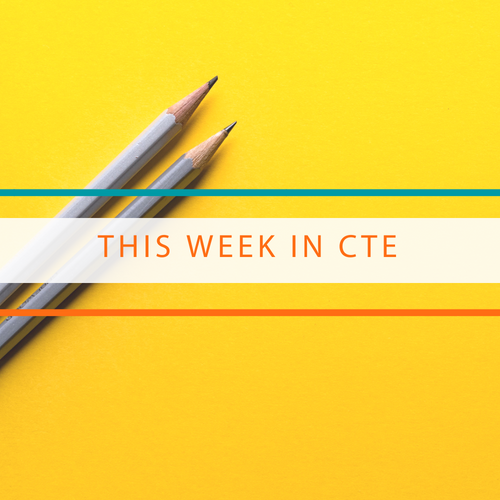 Developed with input from nearly 200 national, state and local education and workforce development leaders and supported by 40 national organizations,
Developed with input from nearly 200 national, state and local education and workforce development leaders and supported by 40 national organizations, 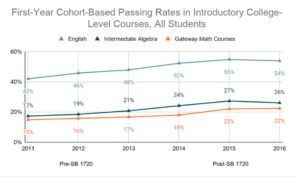
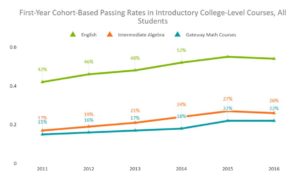
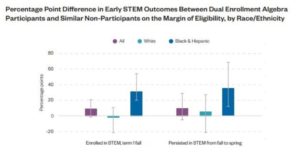
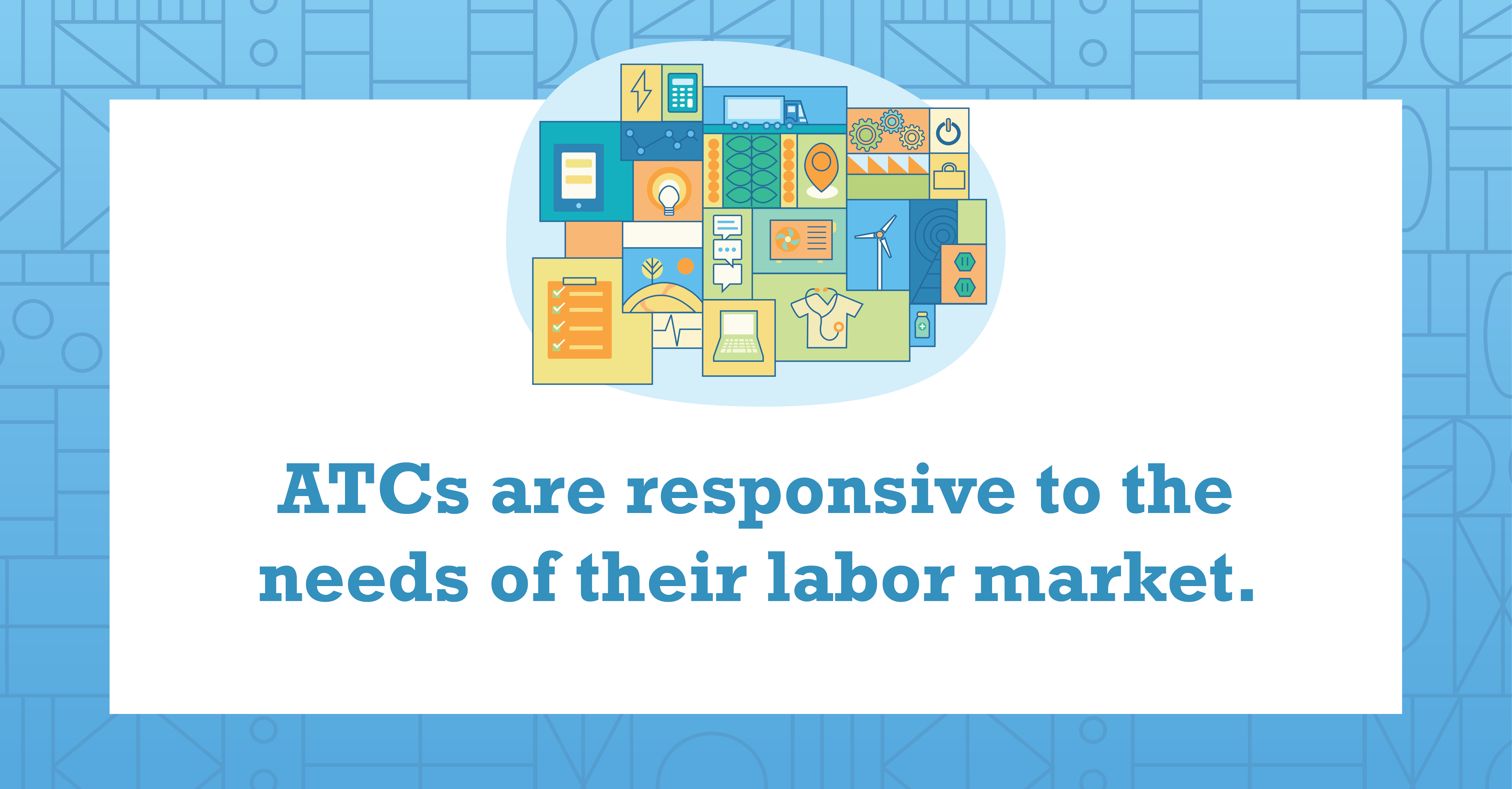 The transformative workforce changes resulting from the COVID-19 (coronavirus) pandemic have made it more urgent than ever for states to have a comprehensive strategy for reskilling and upskilling that unites stakeholders across education, workforce development and economic development. Advance CTE has been
The transformative workforce changes resulting from the COVID-19 (coronavirus) pandemic have made it more urgent than ever for states to have a comprehensive strategy for reskilling and upskilling that unites stakeholders across education, workforce development and economic development. Advance CTE has been  Advance CTE’s recent report on area technical centers (ATCs),
Advance CTE’s recent report on area technical centers (ATCs),